Understanding the Metaverse: Defining Its Role in Modern Society
The Metaverse as a Digital Playground
The idea of a digital playground is central to the concept of the metaverse. In this virtual space, users can play, socialize, and collaborate in ways that extend beyond what is possible in reality. Online gaming platforms like Fortnite and Roblox offer glimpses into what a fully-realized metaverse may look like, with their immersive environments, user-generated content, and economies. These platforms enable users to create and share their worlds, highlighting how the metaverse can become a creative outlet for digital expression.
Metaverse and the Transformation of Social Interaction
The metaverse has the potential to revolutionize social interaction by providing a platform for users to meet, interact, and forge relationships without the constraints of physical distance. With technologies such as AR and VR, the lines between digital and physical socialization blur. This evolution raises questions about identity, community, and connection in a world where meeting someone could mean logging into a shared virtual space rather than sitting across from them at a coffee shop.
Economic Opportunities in the Metaverse
The economic landscape within the metaverse offers unprecedented opportunities. Virtual goods, services, and real estate are already being traded with real-world value. As the infrastructure of the metaverse develops, we can anticipate the creation of new job roles and marketplaces. Digital fashion, virtual event planning, and avatar creation are just a few emerging sectors highlighting the metaverse’s role in future economies.
The Social Implications of the Metaverse: How Virtual Worlds Are Shaping Human Interaction
The advent of the metaverse, an expansive network of 3D virtual worlds, heralds a new era in how we connect with each other. As this digital landscape burgeons, it is critical to understand the multifaceted social implications that come with it. In essence, the metaverse is redefining the very fabric of human interactions, from socialization and networking to the boundaries between personal and public spaces.
Transforming Socialization and Community Building
Perhaps the most immediate impact of the metaverse is on socialization. Virtual worlds allow for immersive experiences that transcend geographical limitations, enabling people to meet, collaborate, and form communities with ease. Events such as concerts, conferences, and social gatherings are now being hosted in the metaverse, offering a new dimension to community engagement. Instead of being passive observers, individuals become active participants, shaping their virtual experiences and forming connections that can be as meaningful as those in the physical world.
Alteration of Professional Networking and Collaboration
In the professional realm, the metaverse is also making waves. Remote work can now evolve into a more engaging experience, as virtual offices in the metaverse nurture a semblance of physical presence and teamwork. This tech-facilitated environment is not just a replication of the real world; it offers unique tools for collaboration such as real-time language translation and spatial computing. Consequently, people can network and exchange ideas with a diverse set of individuals across the globe, unhindered by language or location.
Reimagining Identity and Privacy in the Digital Space
Another aspect is the reimagining of identity and privacy. In the metaverse, users can craft avatars that either mirror their real-world appearance or represent an entirely different persona. This ability to control how one is perceived raises significant questions about authenticity and the significance of physical appearance in social dynamics. Moreover, privacy concerns surface as personal interactions and data become intertwined with the digital space. The metaverse’s capacity to track and record detailed user information necessitates a serious conversation about the ways in which personal data is managed and protected.
Blurring the Lines Between Reality and Virtuality
Finally, as the metaverse becomes more integrated into daily life, the lines between the real and the virtual continue to blur. This intersection raises complex issues regarding mental health, as individuals balance their time and identity across both planes. Embracing virtual worlds could lead to profound shifts in behavior, social norms, and even the perception of reality itself. It challenges us to consider the potential for escapism, the value of authenticity, and the importance of grounding in the physical world amidst the allure of virtual environments.
Economic Shifts: The Metaverse’s Influence on New Business Models and Employment
As we stand on the precipice of the fourth industrial revolution, the Metaverse is crafting novel landscapes in the realms of commerce and employment. This intricate tapestry of virtual worlds serves as a fertile ground for new economic systems that transcend conventional boundaries, empowering innovative business models and reshaping the labor market. As we delve deeper into the repercussions of the Metaverse’s emergence, one can witness its unique capability to blend digital interaction with economic reality.
Innovative Business Models Emerging from the Metaverse
At the forefront of the Metaverse’s economic impact are the diverse business models it incubates. With digital real estate transactions, virtual goods, and services on the rise, companies are exploring uncharted territories. The proliferation of non-fungible tokens (NFTs), which represent exclusive ownership of digital assets, has paved the way for entrepreneurs to create value in ways previously unimaginable. Furthermore, micro-economies within virtual worlds are fostering markets that operate on their internal currencies, drawing parallels with real-world economies yet operating under distinct governance structures and economic principles.
- Digital Real Estate Development
- NFT Marketplaces and Digital Collectibles
- Creation and Monetization of Virtual Goods and Experiences
- Proprietary Virtual Currencies and Economies
Transforming the Employment Landscape
Parallel to these burgeoning economic systems is the metamorphosis of the employment sphere. The digital nature of the Metaverse has carved out a niche for ‘Metaverse careers’, where the line between game and work blurs. Take, for example, the role of a virtual event planner or a digital fashion designer; these are jobs unheard of a decade ago but are now sought after in the Metaverse. Another vital aspect is the facilitation of remote work and collaboration across global boundaries, enabling a more inclusive and flexible workforce. There’s a burgeoning appetite for skills centered around virtual reality (VR) and augmented reality (AR) development, as well as for those who adeptly navigate these digital domains.
- Emergence of Metaverse-specific Professions
- Global Collaboration and Remote Work Opportunities
- Increased Demand for AR/VR Development Expertise
- Education and Training for Metaverse Literacy
It’s clear that as technology evolves, so too does the landscape of work and business. The Metaverse is not a distant science fiction concept; it’s a present reality that’s reshaping the way we think about value creation, consumption, and professional endeavor. By understanding these shifts, stakeholders across the spectrum can adapt and thrive within this burgeoning virtual phenomenon.
Educational Transformation: The Metaverse’s Potential to Revolutionize Learning and Skill Development
Imagine stepping into a classroom not bound by walls, where lessons are not confined to textbooks, and where students are active participants in a vibrant, three-dimensional world of education. This is not science fiction; it’s the potential reality offered by the Metaverse, a collective virtual space, merging the physical and the digital realms. The buzz around this immersive, interconnected universe is growing, and its implications for educational transformation are profound. As we explore the Metaverse’s ability to revolutionize learning and skill development, we look at its core aspects and how it reshapes the educational landscape.
Immersive Learning Experiences
In the Metaverse, conventional chalk-and-talk teaching methods evolve into immersive learning experiences. Here, learners can walk through historical events as they unfold, delve into the human body to see biology in action, or even visit distant planets. These experiences captivate learners in a way that enhances engagement and retention of knowledge. Furthermore, practical skills, such as medical procedures or mechanical repairs, can be safely practiced within a controlled, yet realistic, virtual environment. The capacity of the Metaverse to offer simulations and role-plays not only caters to various learning styles but also facilitates critical thinking and problem-solving skills—a stark contrast to passive learning modalities.
Breaking Down Geographical Barriers
One of the Metaverse’s most significant advancements is its capacity to break down geographical barriers. Learners from different corners of the globe can converge in shared spaces, fostering cross-cultural exchange and global collaboration. Such interaction breeds a rich, diversified educational environment where perspectives are shared, and cultural understanding is deepened. Furthermore, access to global classrooms can democratize education, giving learners who previously faced geographical limitations the opportunity to access the same quality of education as their counterparts in more developed regions.
Personalized Learning Trajectories
Education in the Metaverse is not a one-size-fits-all affair; it heralds the advent of personalized learning trajectories. Sophisticated algorithms track progress and adapt learning paths in real-time, ensuring that each student’s educational journey is tailored to their individual pace, interests, and needs. With this approach, students who might struggle in traditional classroom settings can thrive, receiving the support or challenges necessary to advance their skills. The Metaverse paves the way for a future where learning is so personalized that it not only reflects the existing knowledge of each learner but also their aspirations.
In conclusion, the Metaverse stands at the forefront of a revolution in education, possessing the potential to create transformative learning experiences that are immersive, inclusive, and highly personalized. As technology continues to mature, the role of the Metaverse in learning and skill development is poised to redefine what it means to be educated in the 21st century.
Privacy and Ethics in the Metaverse: Navigating Societal Concerns in Virtual Spaces
Privacy and Ethics in the Metaverse: Navigating Societal Concerns in Virtual Spaces
The Privacy Paradox in the Metaverse
The conception of the Metaverse, a collective virtual shared space created by the convergence of virtually enhanced physical and digital reality, has reignited discussions around privacy. In the Metaverse, users can interact with a computer-generated environment and other users. Personal data becomes a passport to new experiences, raising questions about how much information individuals are willing to share. Structuring a virtual space that respects privacy while still providing immersive experiences is a central challenge that developers and regulators face. Striking a balance between data collection for enhancing user experience and safeguarding personal information is not just beneficial, it’s critical for fostering trust and safety in these emerging digital communities.
Data Collection and User Consent
The extent to which personal data is collected in the Metaverse raises significant ethical questions. Companies may track user behavior, personal preferences, and even biometric data, which can be used to create highly personalized experiences. It begs the discussion on informed consent in virtual environments: are users fully aware of the data they are providing? Transparency in data policies and the application of privacy by design principles are necessary steps toward establishing user trust. Users must have control over their data, with clear options to opt-in or opt-out of data collection.
Ethical Considerations in Virtual Worlds
As the Metaverse blurs the lines between the digital and physical worlds, the implications of actions in virtual spaces also become more significant. Ethical considerations are paramount. It’s not just about the privacy of user data but about how users interact with one another, the representation of self and others, and the very nature of what constitutes moral behavior in a space that feels real but isn’t bound by the physical laws and social norms of our reality. Addressing harassment, ensuring inclusivity, and establishing accountability for misconduct are vital to creating a Metaverse that is safe and welcoming for all participants.
Building Ethical Virtual Communities
One of the greatest challenges in the Metaverse will be building ethical communities that promote positive interactions. This involves creating a robust system of community governance where rules are fair, transparent, and enforceable. The use of technologies such as AI to moderate behavior may be necessary, but this also introduces further complexity around bias and fairness in automated decision-making. Engaging with stakeholders — from users to ethicists — when building these frameworks ensures a diversity of perspectives are considered, ultimately leading to a more equitable virtual world.

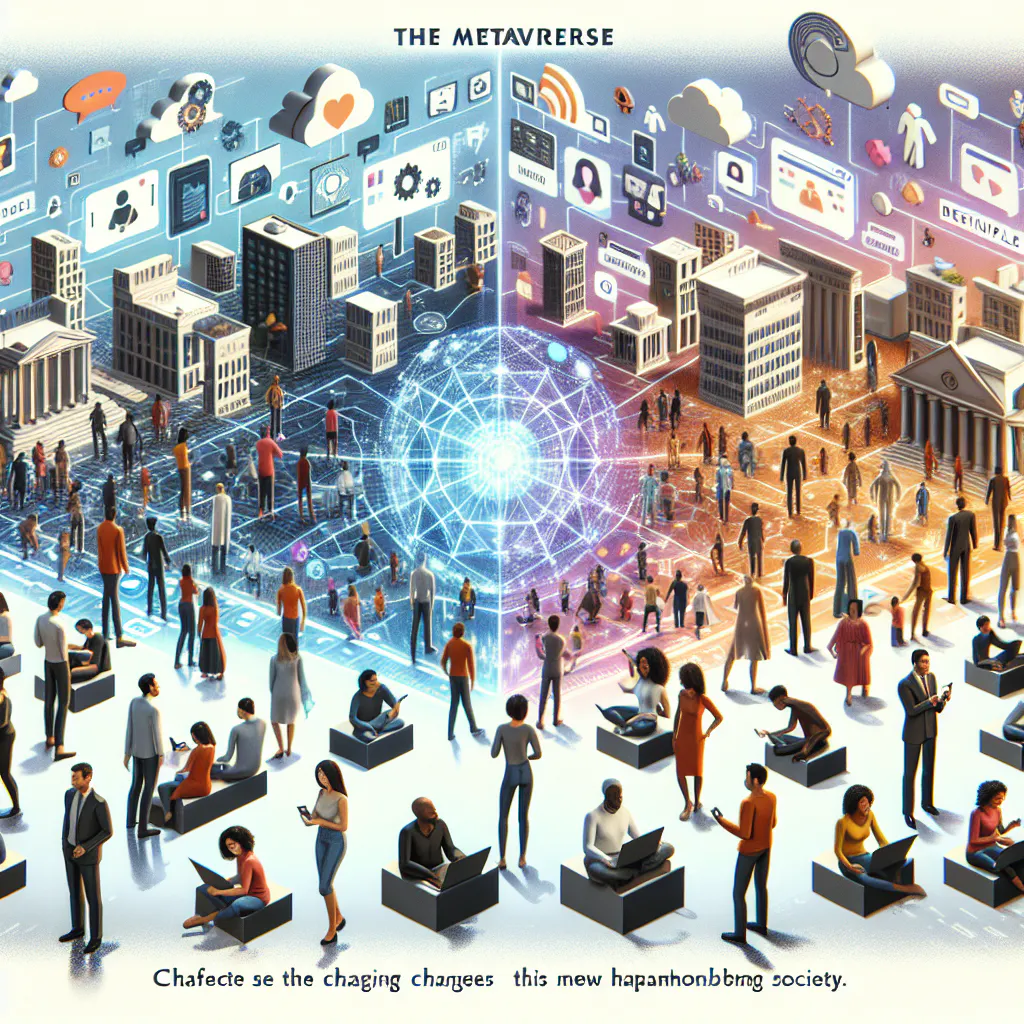
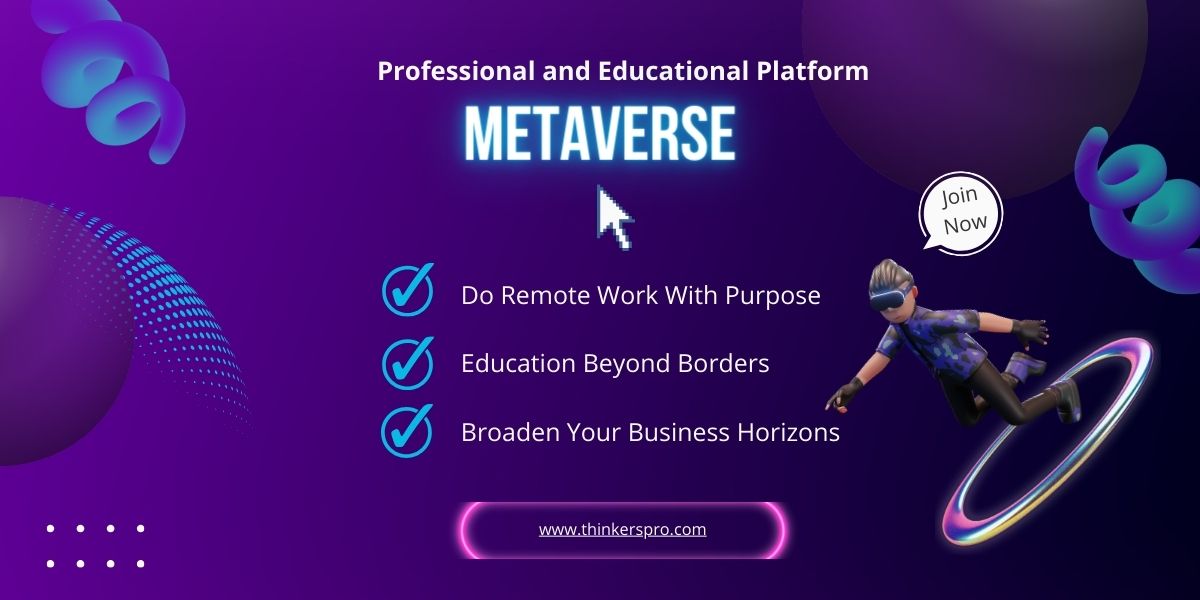
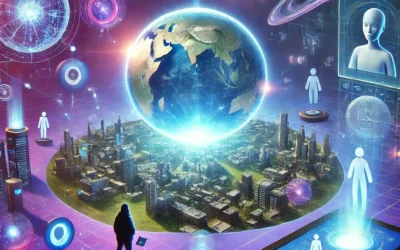
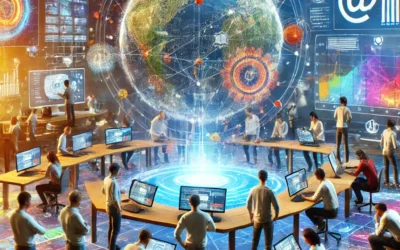
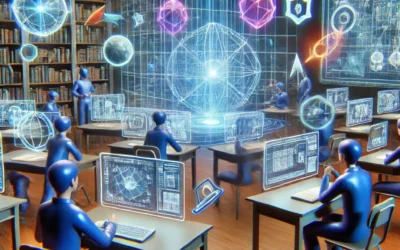
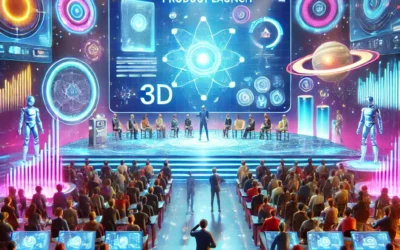
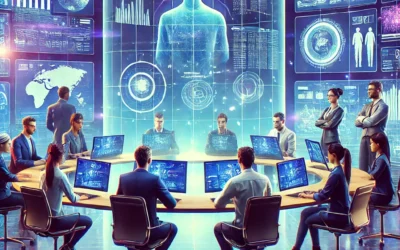
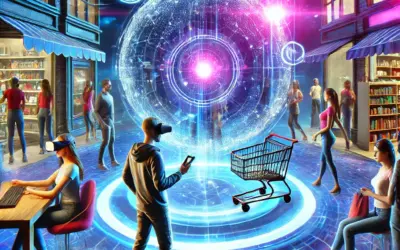
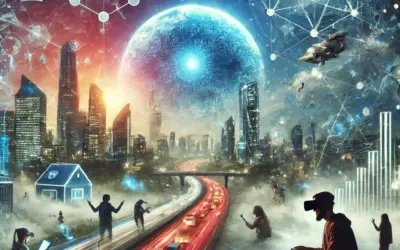
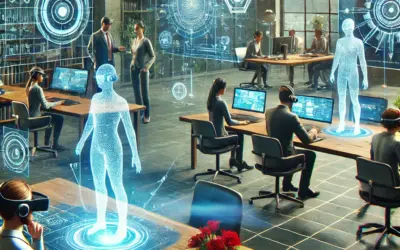
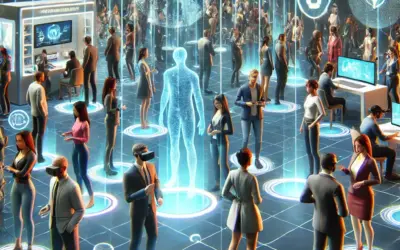
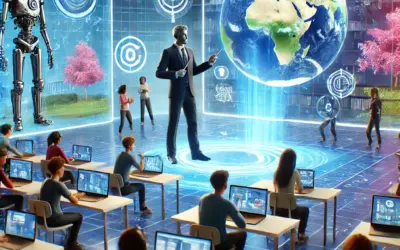
0 comentarios